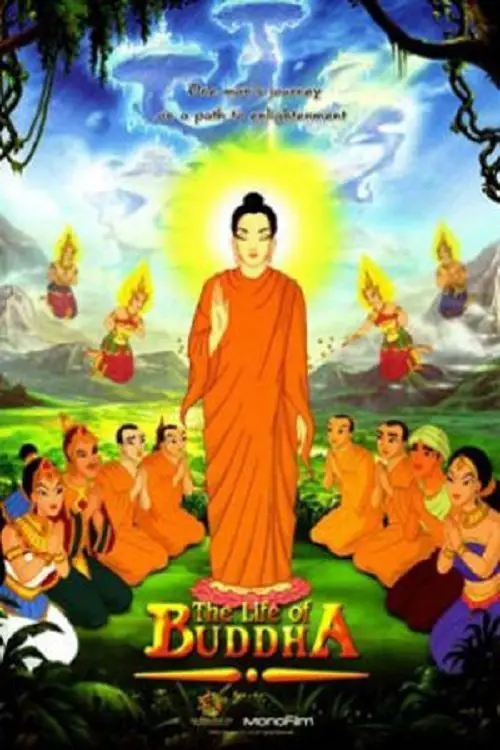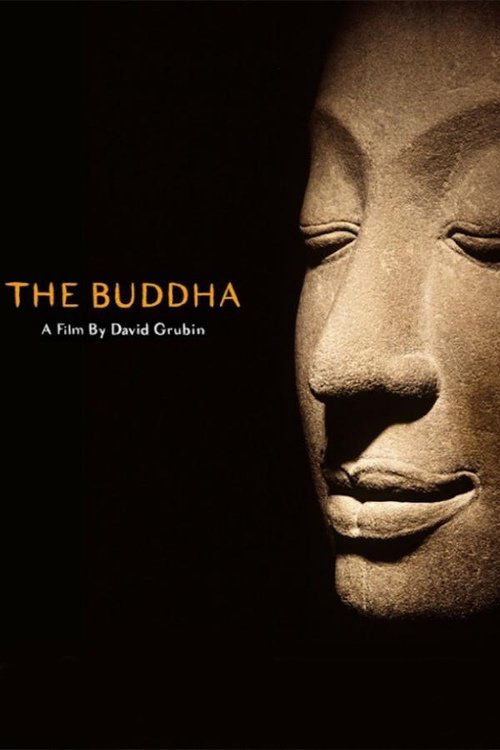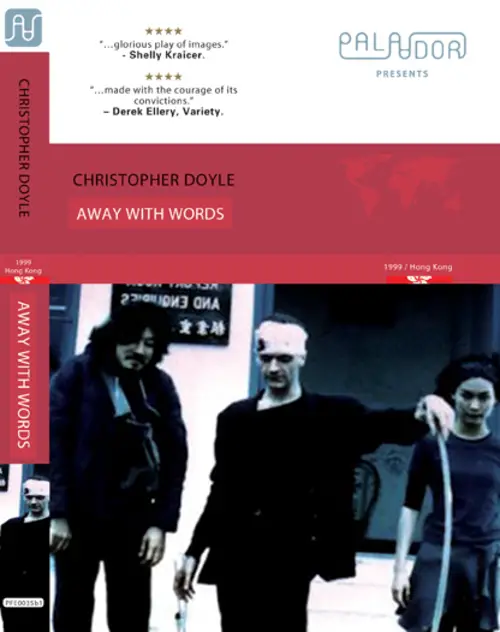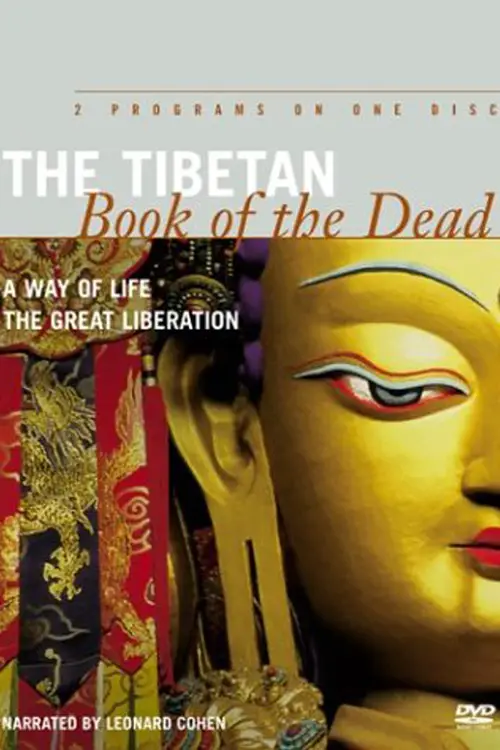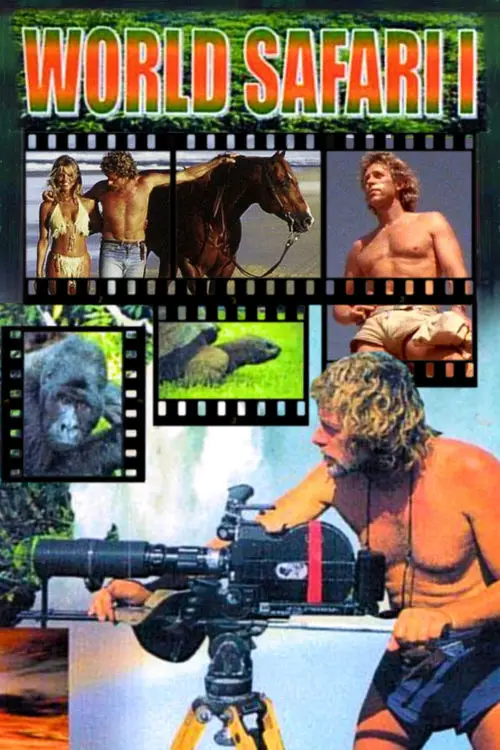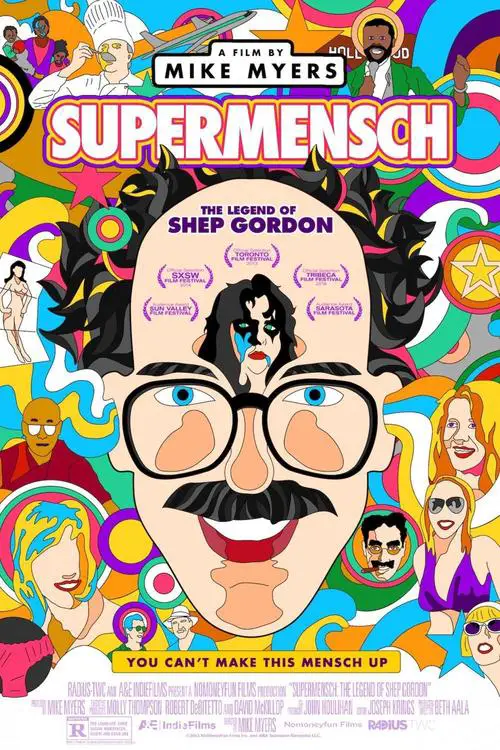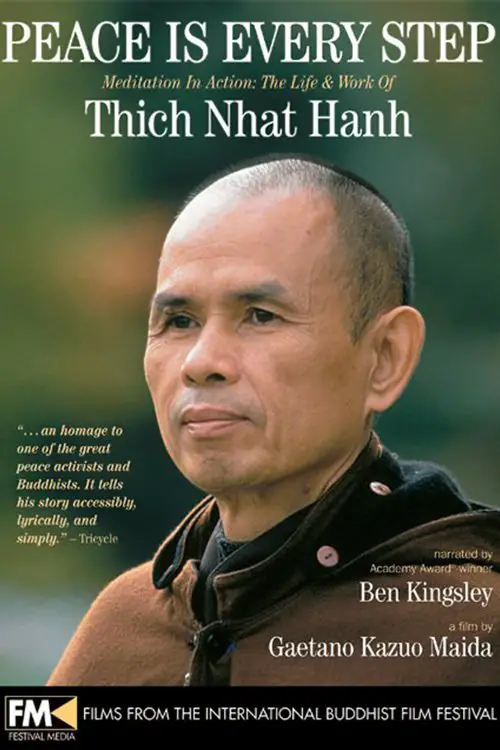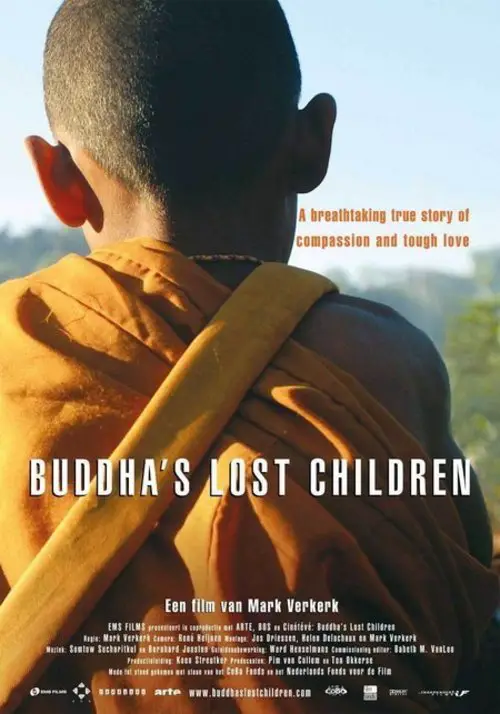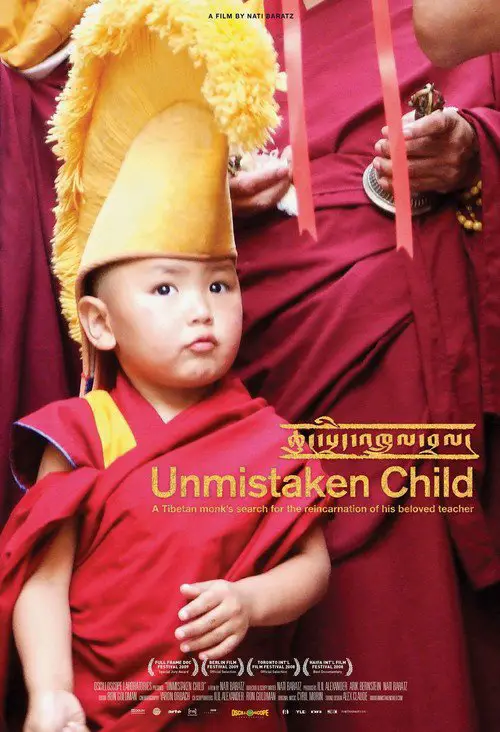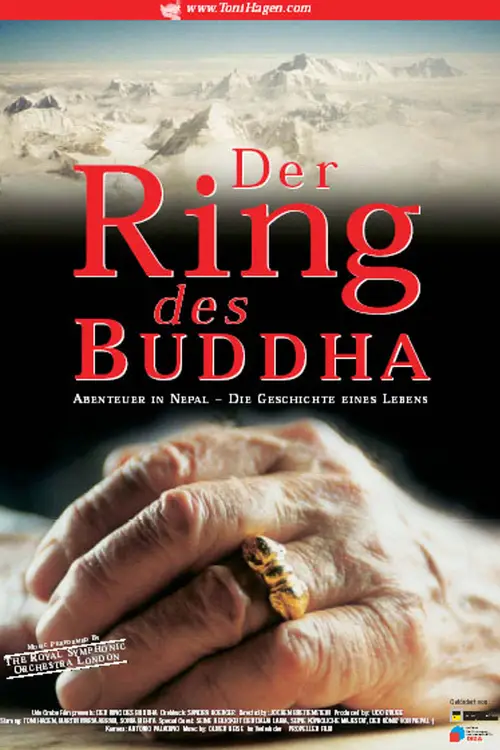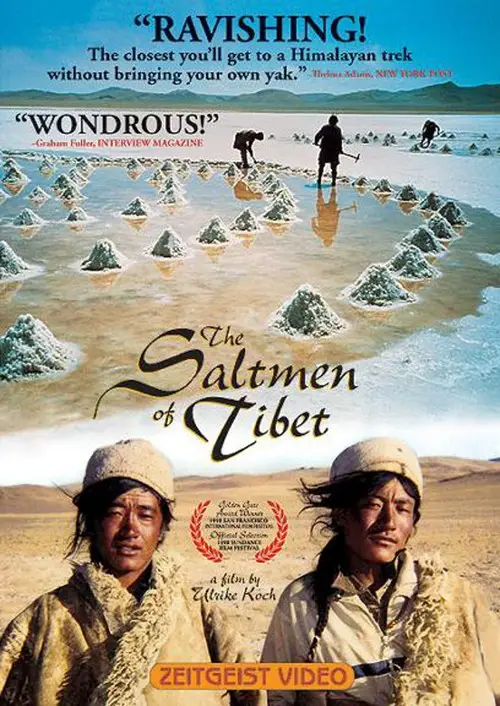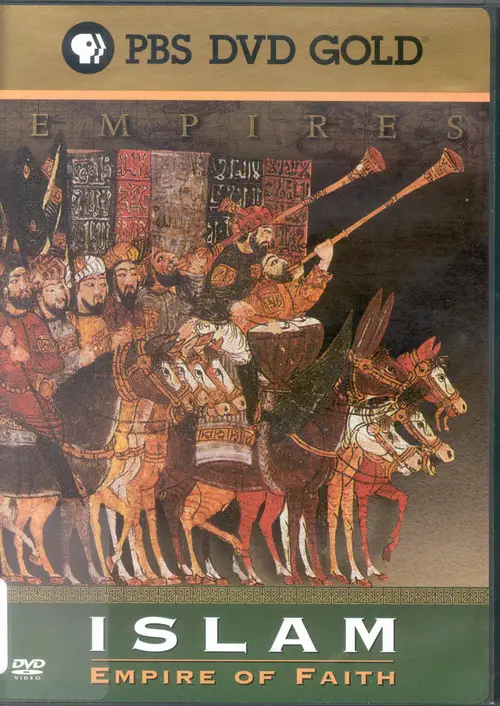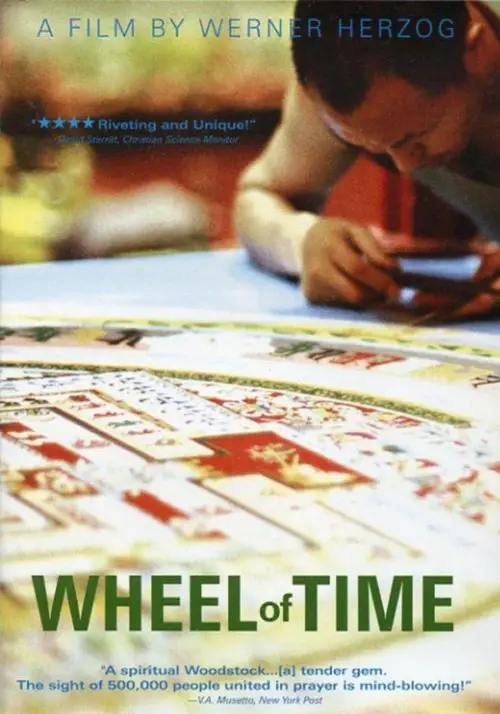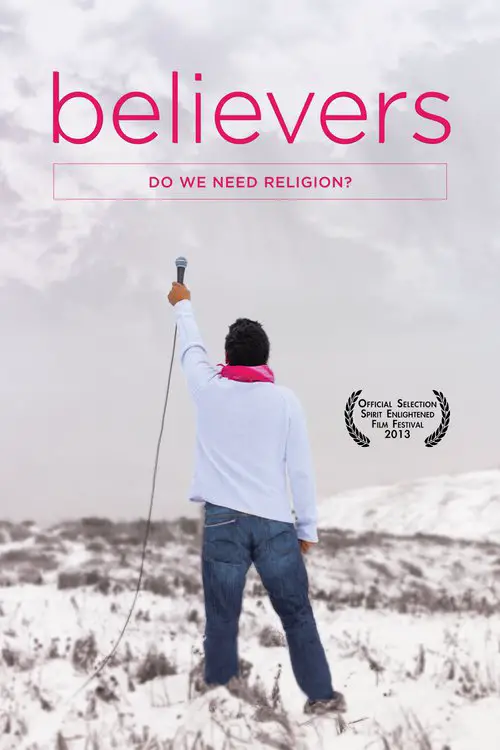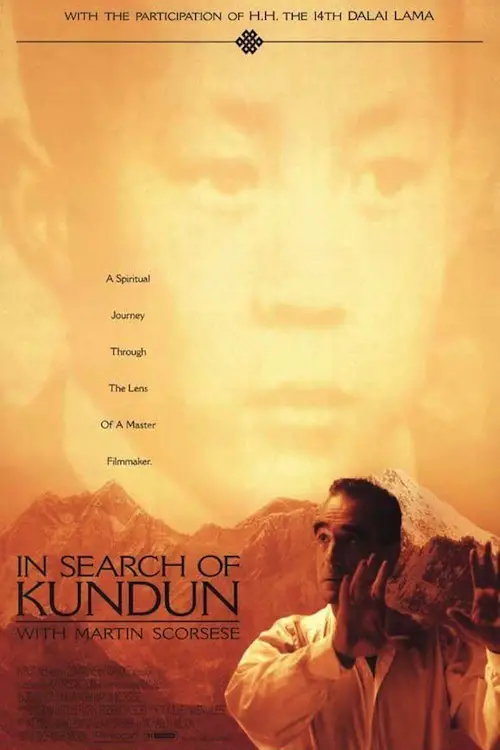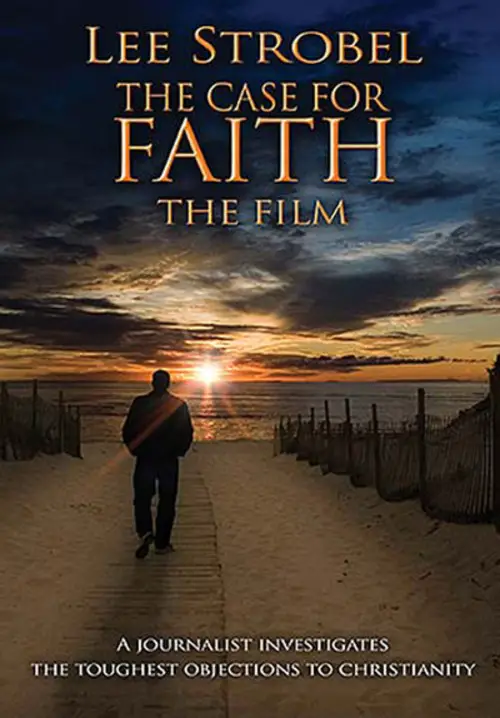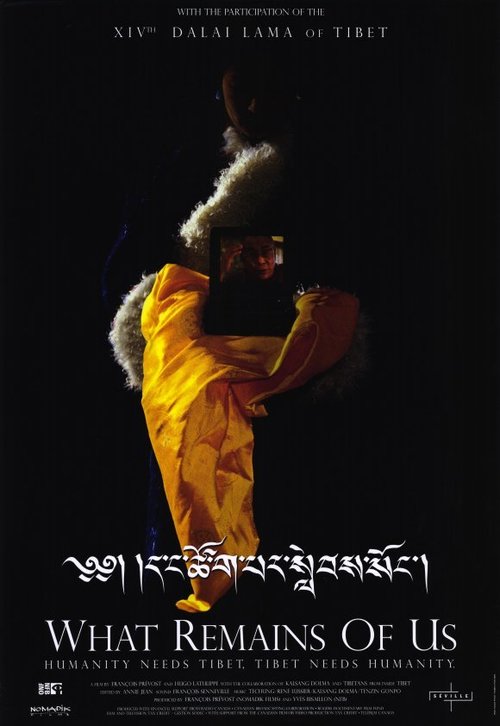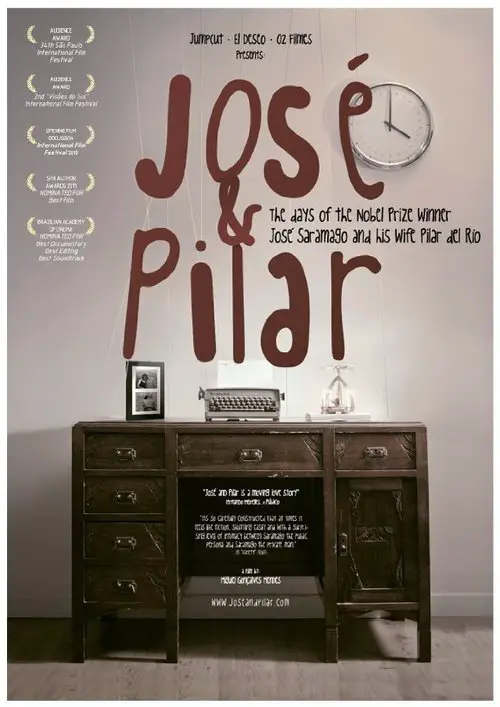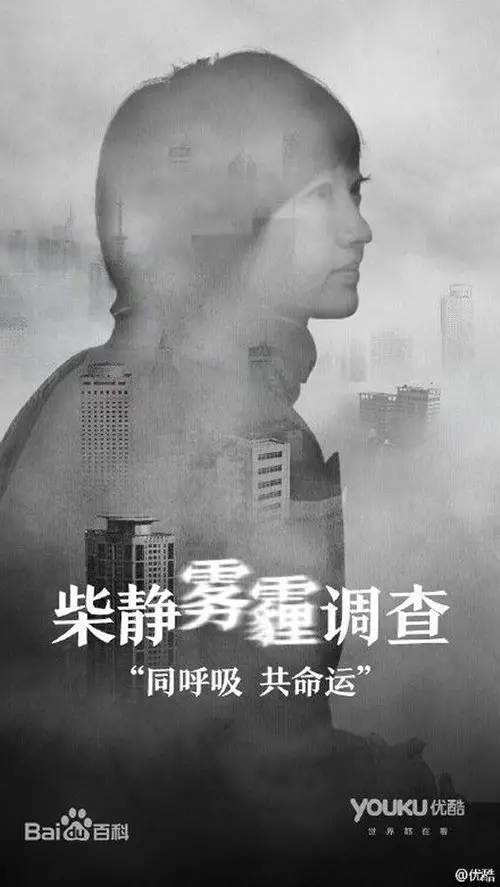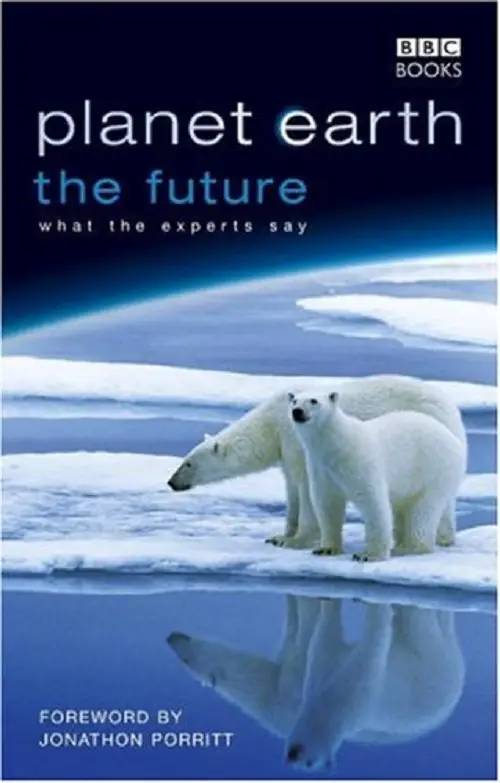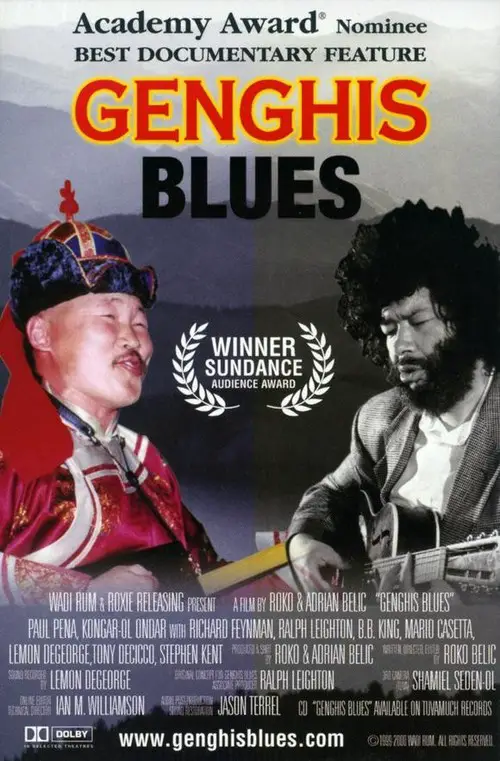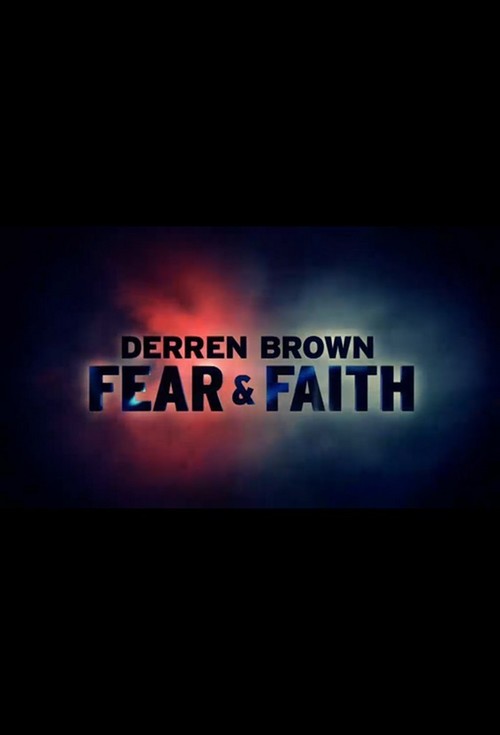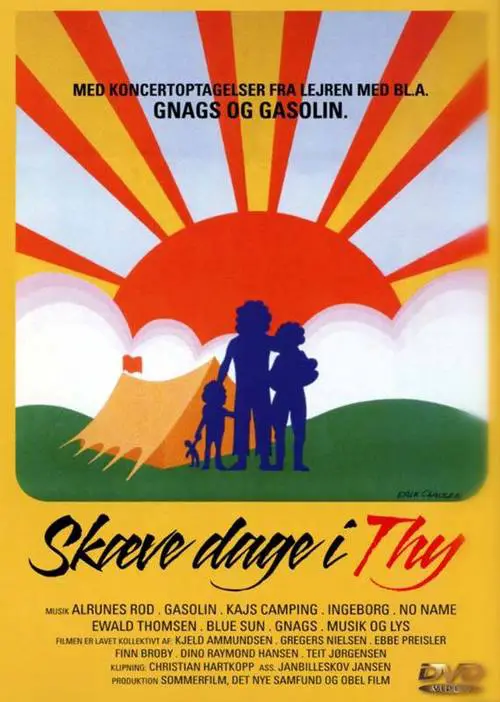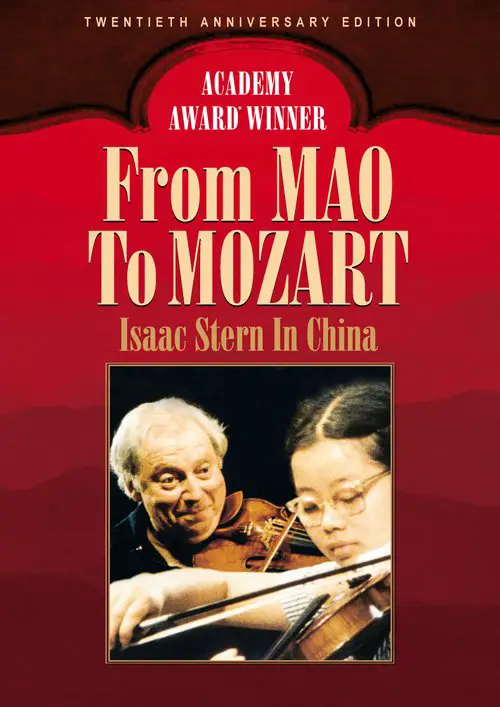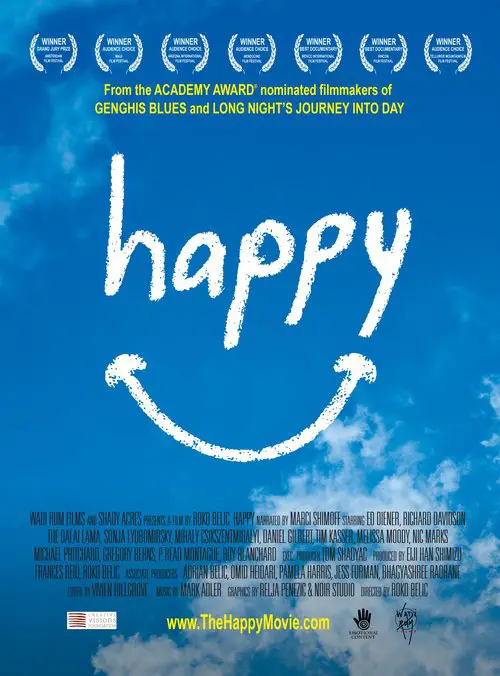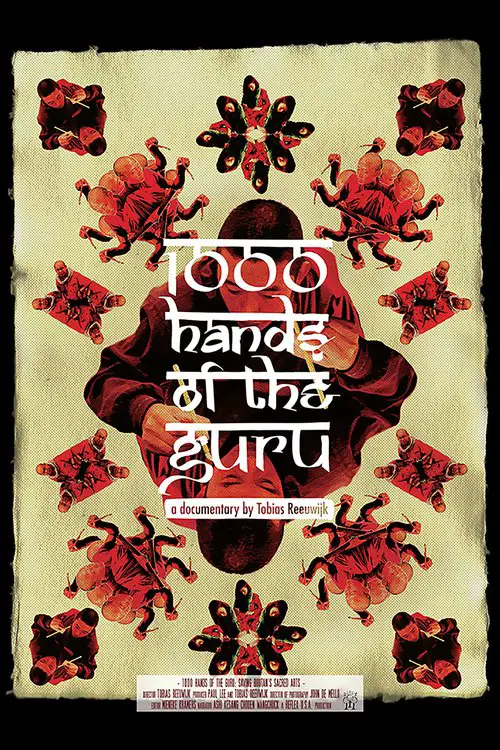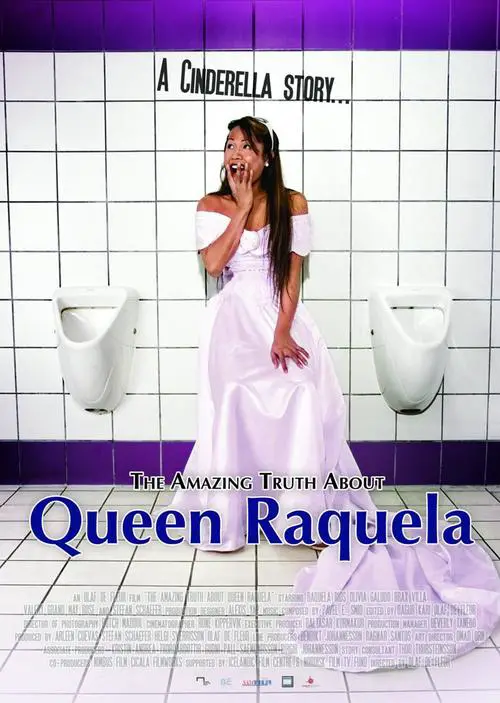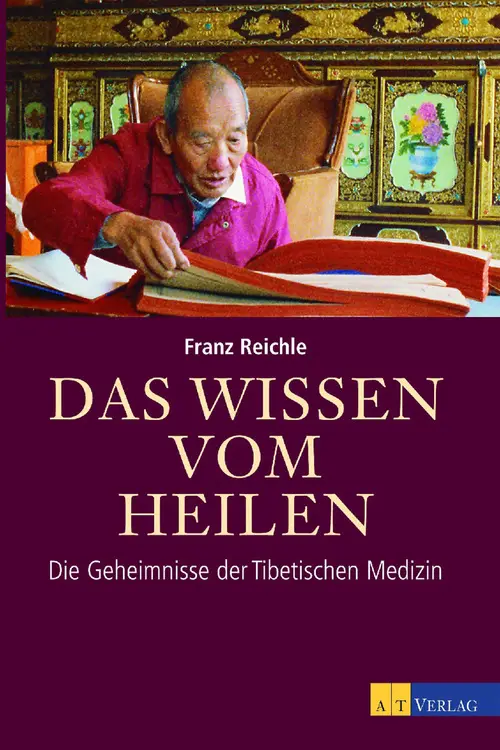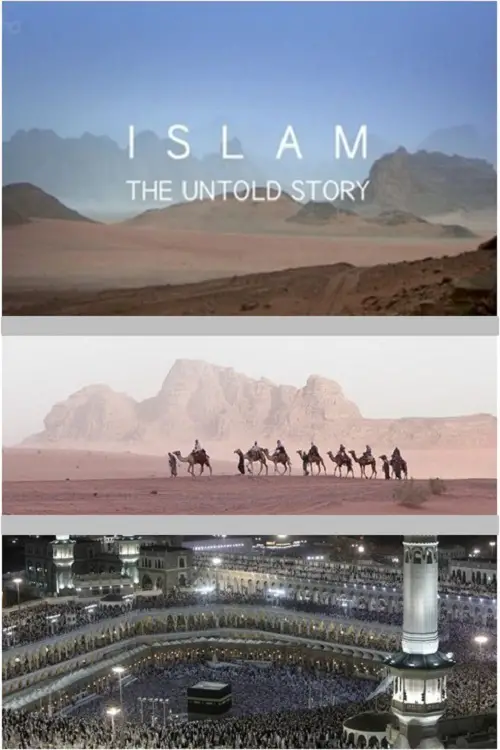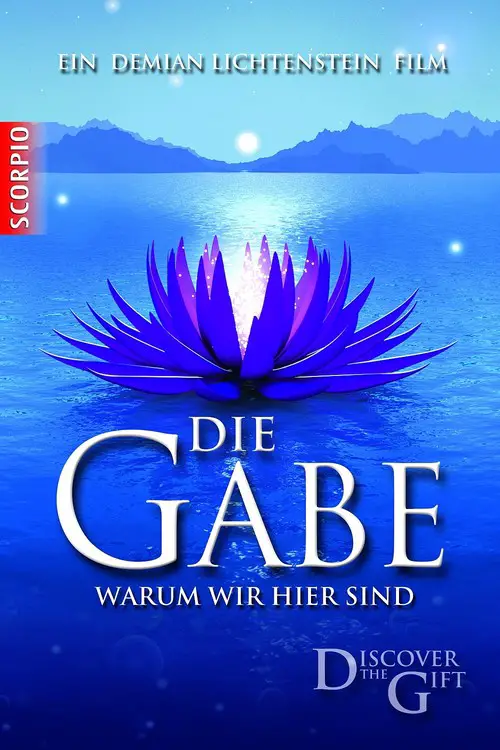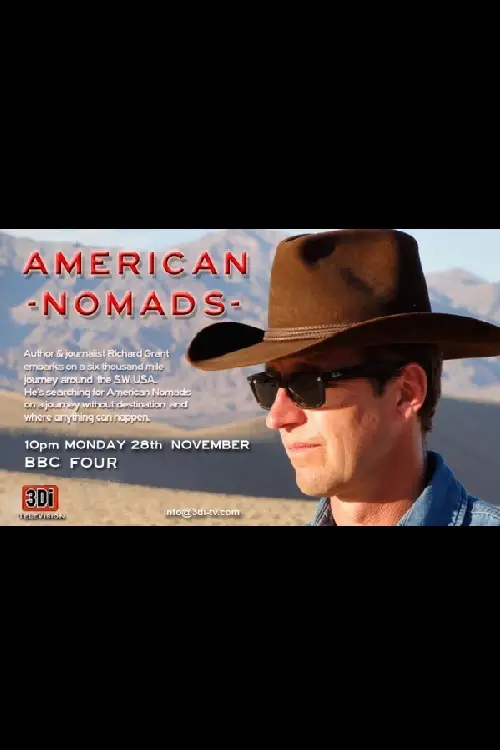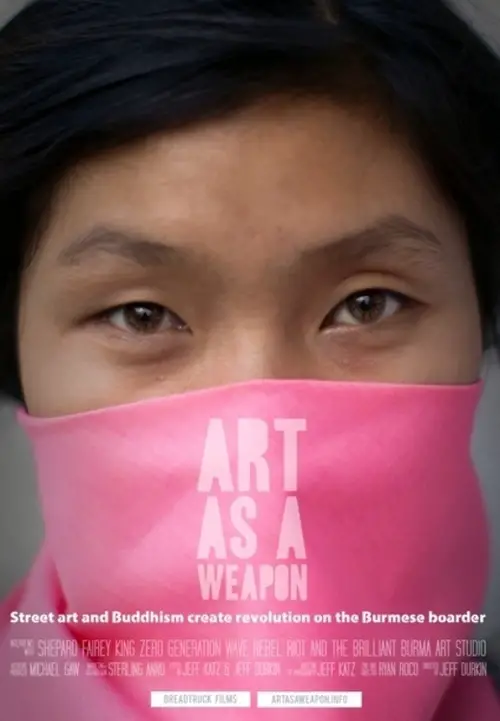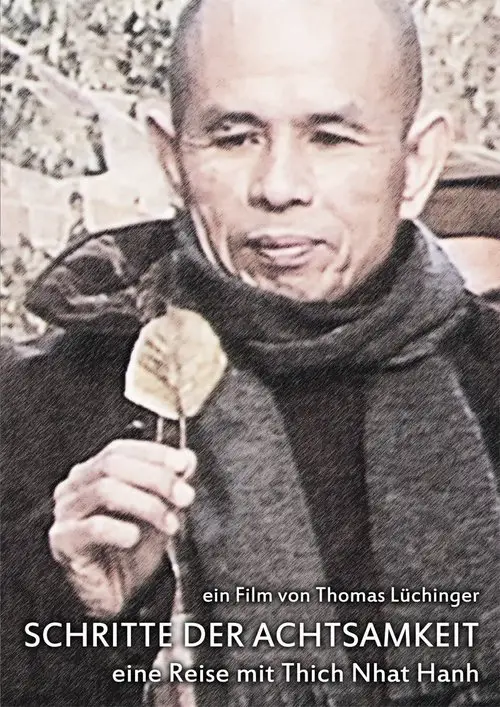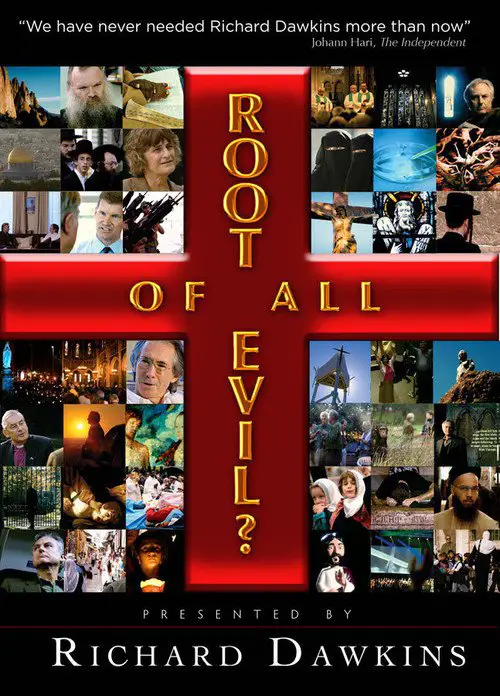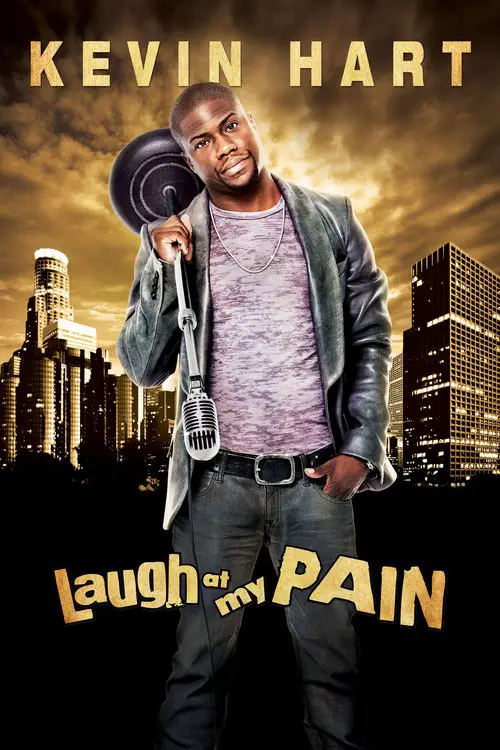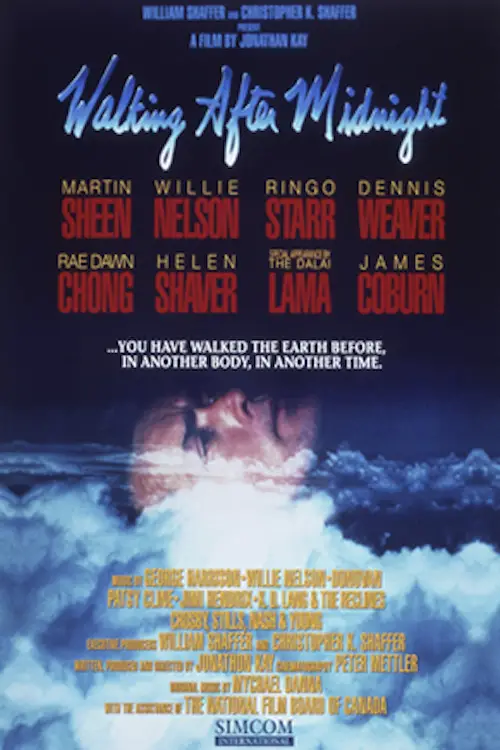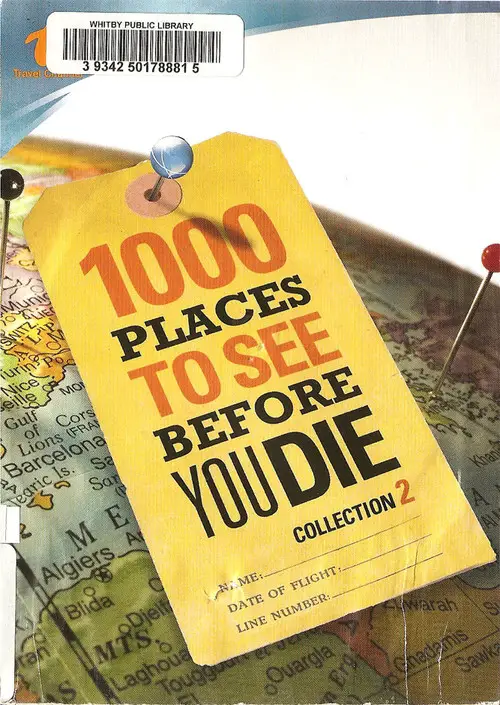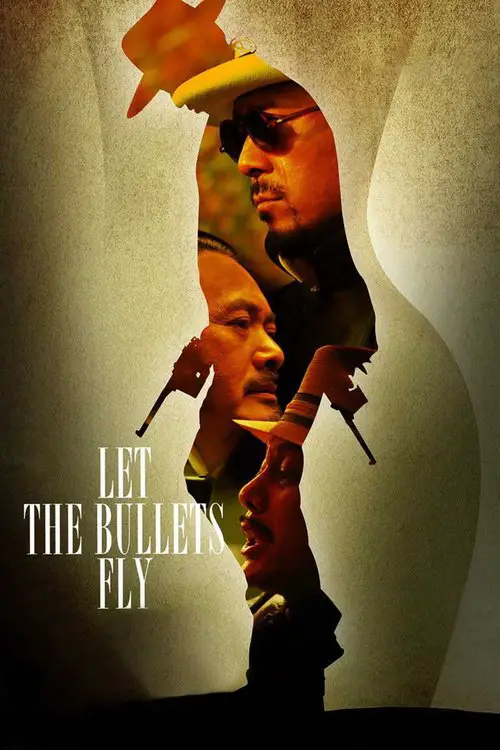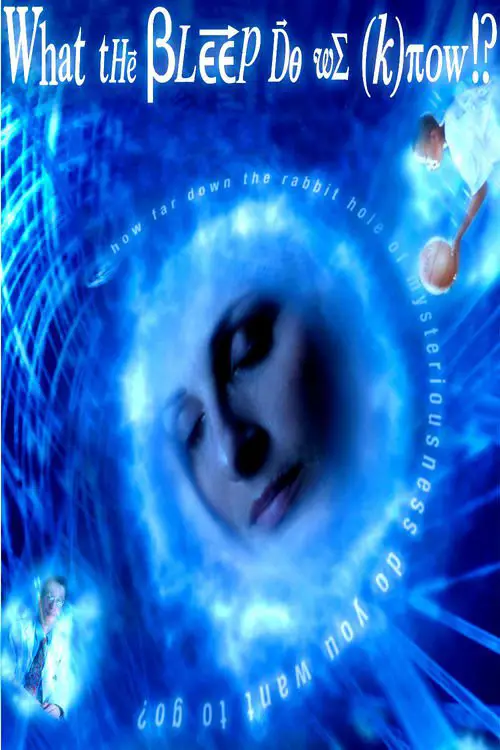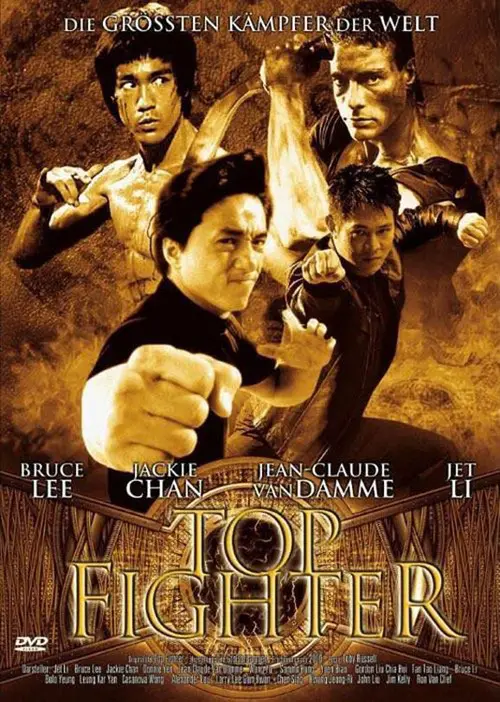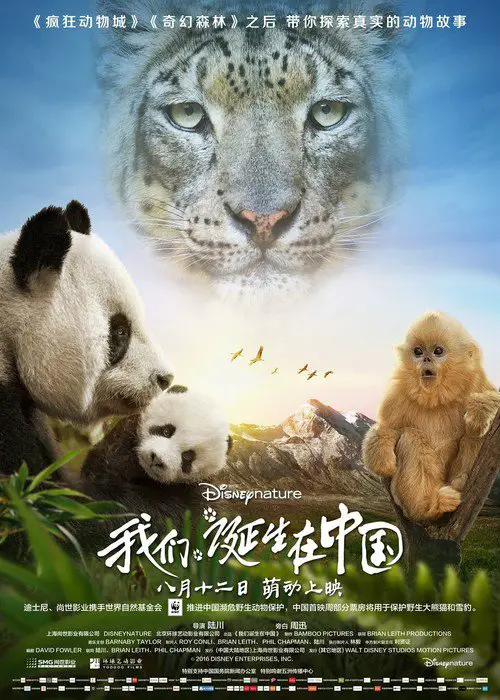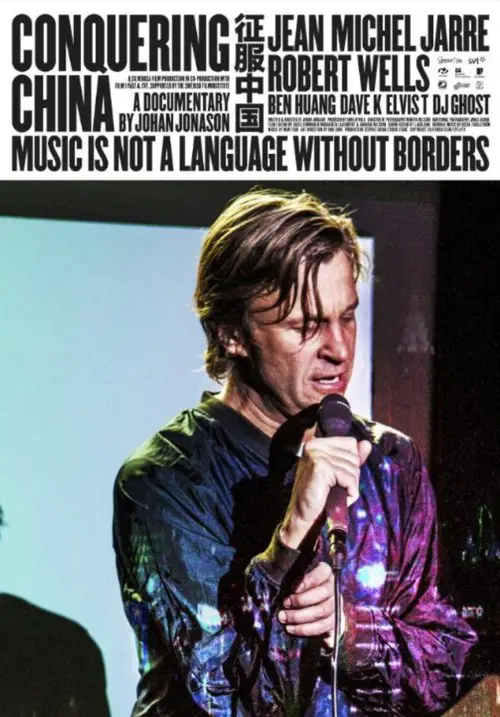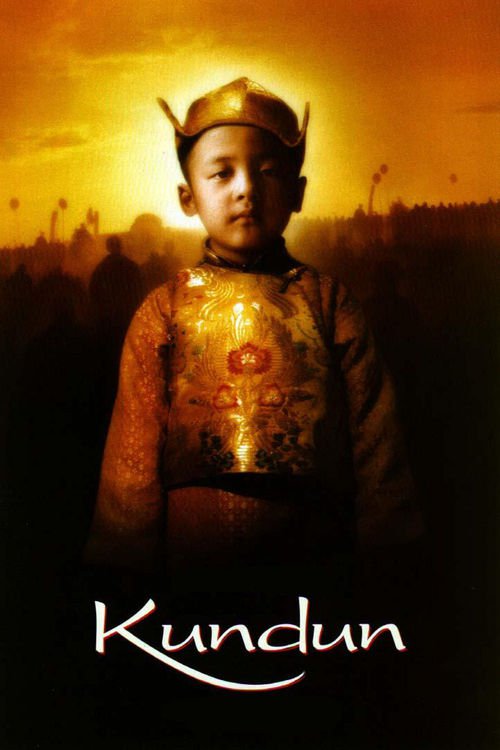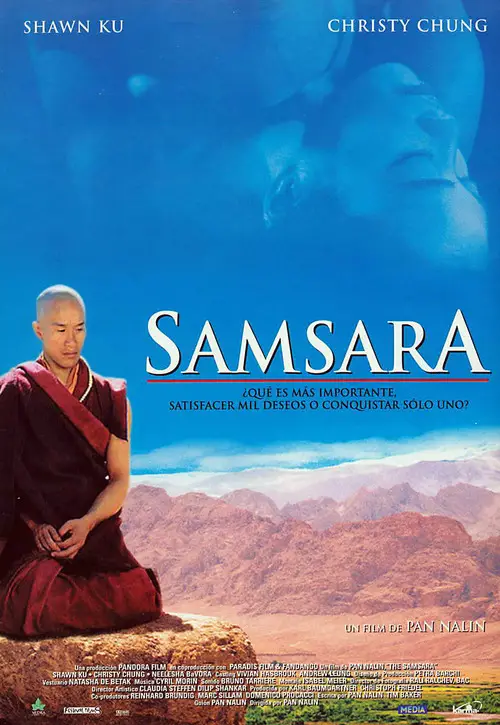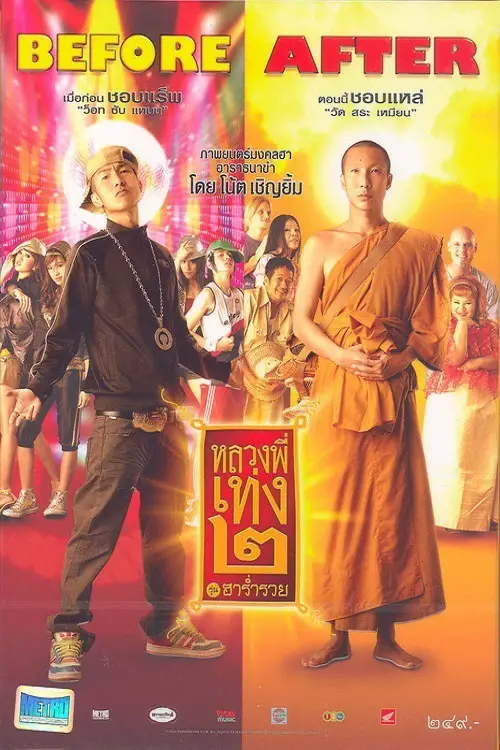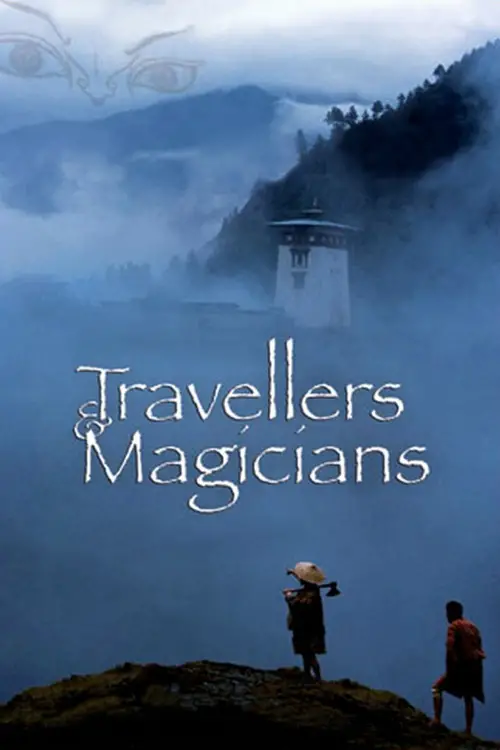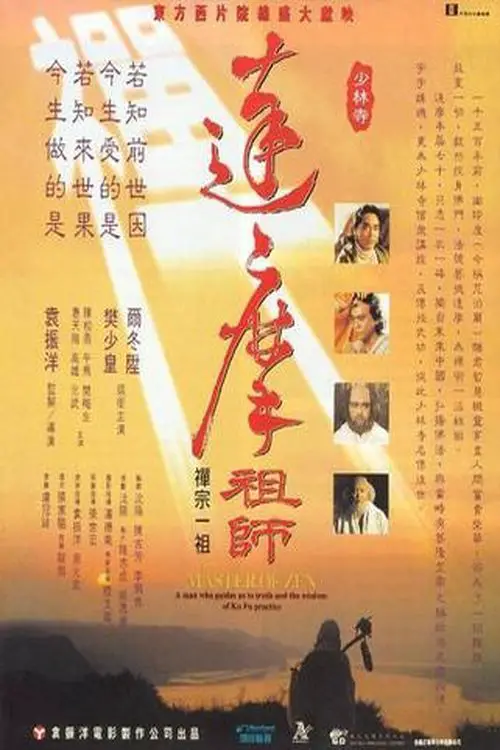10 Questions for the Dalai Lama (2006)
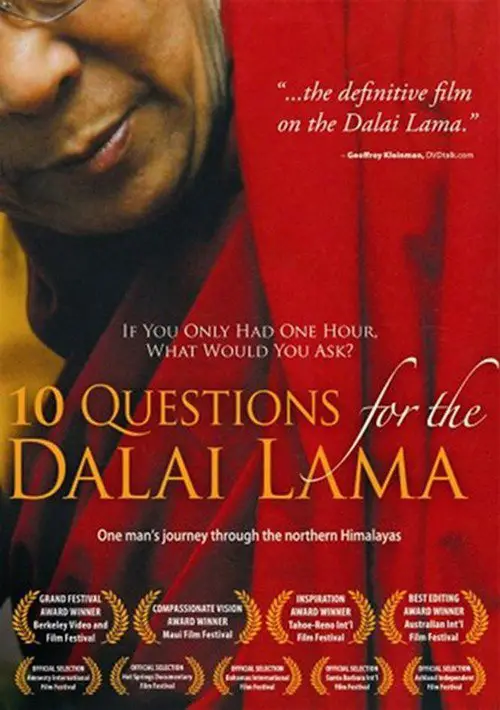
Similar movies
A BBC/Discovery Channel co-production, this docu-narrative film describes the life of Siddharta Gautama, the process by which he arrived at the fundamentals of Buddhism and the archaeological findings confirming the traditional accounts of his life. In addition it also gives a glimpse of Buddhism today and features interviews by the Dalai Lama and other notable Buddhists.
This documentary for PBS by award-winning filmmaker David Grubin and narrated by Richard Gere, tells the story of the Buddhaâs life, a journey especially relevant to our own bewildering times of violent change and spiritual confusion. It features the work of some of the worldâs greatest artists and sculptors, who across two millennia, have depicted the Buddhaâs life in art rich in beauty and complexity. Hear insights into the ancient narrative by contemporary Buddhists, including Pulitzer Prize winning poet W.S. Merwin and His Holiness the Dalai Lama. Join the conversation and learn more about meditation, the history of Buddhism, and how to incorporate the Buddhaâs teachings on compassion and mindfulness into daily life.
World Safari is a documentary film released in 1977 made from footage of Alby Mangels and John Field's six year journey around 56 countries and four continents in the 1970s. Includes a motorcycle trip across Australia, living with Buddhist monks, selling life insurance on the side of the road, and getting lost in a two-cylinder DAF van while crossing the Sahara desert.
In 1991, music manager Shep Gordon held Mike Myers over a barrel a few weeks before shooting Wayneâs World regarding an Alice Cooper song Myers wanted to use in the film. They have been close friends ever since. Twenty-two years later, the story of Gordonâs legendary life in the über-fast lane is now told in Myersâ directorial debut. And this time itâs Myers who has Gordon over a barrel. Shep Gordon: capitalist, protector, hedonist, pioneer, showman, shaman⦠Supermensch!
The influential life and powerful messages of Vietnamese Buddhist monk Thich Nhat Hanh are explored in this meditative documentary. For more than 50 years, this amazing social activist has preached self-awareness and compassion for all living things. Follow him as he travels through France and the United States -- including a stop at the Vietnam War Memorial in Washington, D.C. -- on a quest to spread mindfulness, peace and forgiveness.
In Nepal, a venerable monk, Geshe Lama Konchog, dies and one of his disciples, a youthful monk named Tenzin Zopa, searches for his master's reincarnation. The film follows his search to the Tsum Valley where he finds a young boy of the right age who uncannily responds to Konchog's possessions. Is this the reincarnation of the master? After the boy passes several tests, Tenzin takes him to meet the Dali Lama. Will the parents agree to let the boy go to the monastery, and, if so, how will the child respond? Central to the film is the relationship the child develops with Tenzin.
Nepal 1950. A mysterious, unexplored country. The Swiss geologist Toni Hagen, was the first European to pass through the "forbidden" kingdom. He doesn't discover any mineral resources there. Yet he does uncover the mysteries of life and penetrates towards a more profound truth which lends a new dimension to his life. In the spring of 1999, Hagen returns to Nepal to keep a promise of almost 50 years: At that time a Buddhist monk had presented him with the gift of a valuable and mystical ring.
Four men from a nomadic Tibetan tribe undertake their annual, ritualistic pilgrimage to a sacred salt lake. Salt gathered in this traditional fashion will be sold to provide the economic livelihood of the tribe for the coming year. The journey, necessary for the group's survival, also incorporates a number of rituals necessary for their culture to survive in the modern world.
A growing number of Evangelical Christians believe there is a revival underway in America that requires Christian youth to assume leadership roles in advocating the causes of their religious movement. Jesus Camp follows children at a Christian summer camp as they hone their "prophetic gifts" and are schooled in how to "take back America for Christ." The film is a first-ever look into an intense training ground that recruits born-again Christian children to become an active part of America's political future.
Islam: Empire of Faith is a documentary series that details the history of Islam, from the birth of the Islamic Prophet, Muhammad to the Ottoman Empire. It is narrated by Ben Kingsley. The first episode deals with the life of Muhammad, the second with the early Caliphates, Crusades, and Mongol invasion, and the third with the Ottoman Empire and Safavid dynasty.
These days it seems that nothing is as polarizing and controversial as religious belief. Everywhere one goes it seems that people are asking the question: Do we even need religion? Is it limiting our understanding? What kind of world is being produced by these faith systems? Regardless of your answers to these questions, it is hard to deny that worship still plays an important role in many people's lives and many people simply do not understand where others are coming from. Believers is a unique exploration of those questions related to faith by focusing the lens on five of the world's belief systems, Agnosticism, and the new Atheism. The film follows Sacha Sewhdat's personal journey towards understanding as he searches for the value of religion in modern society. With honesty and objectivity Sacha explores what it means to believe in a higher power or what it would mean to let those beliefs go. It will both inform and challenge what you know about religion in the 21st Century.
In Search of Kundun, a âmaking-ofâ documentary that is so much more, follows Scorsese as he plans his epic film and shoots in Morocco, and continues on to an audience with the Dalai Lama himself in the foothills of the Himalayas. Edited from over a hundred hours of footage, the documentary captures Scorseseâs fervor as a filmmaker and a man, the modest yet charismatic Dalai Lama, and the plight of the exiled Tibetans. -Denver Film Society
"José and Pilar," a documentary by Miguel Gonçalves Mendes, is a deeply moving story about love, loss and literature. It follows the days of José Saramago, the Nobel-laureate Portuguese novelist, and his wife, Pilar del Rio. The film shows their whirlwind life of international travel, his passion for completing his masterpiece, "The Elephant's Journey" and how their love quietly sustains them throughout.
Planet Earth: The Future is a 2006 BBC documentary miniseries on the environment and conservation, produced by the BBC Natural History Unit as a companion to the multi-award winning nature documentary Planet Earth. The programmes were originally broadcast on BBC Four immediately after the final three episodes of Planet Earth on BBC One. Each episode highlights the conservation issues surrounding some of the species and environments featured in Planet Earth, using interviews with the film-makers and eminent figures from the fields of science, conservation, politics, and theology. The programmes are narrated by Simon Poland and the series producer was Fergus Beeley.
Blind blues musician Paul Pena is perhaps best known for his song "Jet Airliner". In 1993, Pena heard Tuvan throat singing over his shortwave radio and subsequently taught himself how to reproduce these extraordinary sounds. This documentary follows him to Tuva, where he takes part in a throat singing competition.
Commentator-comic Bill Maher plays devil's advocate with religion as he talks to believers about their faith. Traveling around the world, Maher examines the tenets of Christianity, Judaism and Islam and raises questions about homosexuality, proof of Christ's existence, Jewish Sabbath laws, violent Muslim extremists.
A luxury cruise boat motors up the Yangtze - navigating the mythic waterway known in China simply as "The River." The Yangtze is about to be transformed by the biggest hydroelectric dam in history. At the river's edge - a young woman says goodbye to her family as the floodwaters rise towards their small homestead. The Three Gorges Dam - contested symbol of the Chinese economic miracle - provides the epic backdrop for Up the Yangtze, a dramatic feature documentary on life inside modern China.
Happy is a 2011 feature documentary film directed, written, and co-produced by Roko Belic. It explores human happiness through interviews with people from all walks of life in 14 different countries, weaving in the newest findings of positive psychology. Director Roko Belic was originally inspired to create the film after producer/director Tom Shadyac (Liar, Liar, Patch Adams, Bruce Almighty) showed him an article in the New York Times entitled "A New Measure of Well Being From a Happy Little Kingdom". The article ranks the United States as the 23rd happiest country in the world. Shadyac then suggested that Belic make a documentary about happiness. Belic spent several years interviewing over 20 people, ranging from leading happiness researchers to a rickshaw driver in Kolkatta, a family living in a "co-housing community" in Denmark, a woman who was run over by a truck, a Cajun fisherman, and more.
Street art, creativity and revolution collide in this beautifully shot film about artâs ability to create change. The story opens on the politically charged Thailand/Burma border at the first school teaching street art as a form of non-violent struggle. The film follows two young girls (Romi & Yi-Yi) who have escaped 50 years of civil war in Burma to pursue an arts education in Thailand. Under the threat of imprisonment and torture, the girls use spray paint and stencils to create images in public spaces to let people know the truth behind Burma's transition toward "artificial democracy." Eighty-two hundred miles away, artist Shepard Fairey is painting a 30â mural of a Burmese monk for the same reasons and in support of the students' struggle in Burma. As these stories are inter-cut, the film connects these seemingly unrelated characters around the concept of using art as a weapon for change.
In this two-part Channel 4 series, Professor Richard Dawkins challenges what he describes as 'a process of non-thinking called faith'. He describes his astonishment that, at the start of the 21st century, religious faith is gaining ground in the face of rational, scientific truth. Science, based on scepticism, investigation and evidence, must continuously test its own concepts and claims. Faith, by definition, defies evidence: it is untested and unshakeable, and is therefore in direct contradiction with science. In addition, though religions preach morality, peace and hope, in fact, says Dawkins, they bring intolerance, violence and destruction. The growth of extreme fundamentalism in so many religions across the world not only endangers humanity but, he argues, is in conflict with the trend over thousands of years of history for humanity to progress to become more enlightened and more tolerant.
You loved the book; now see the places bestselling author Patricia Schultz captured so well. Join newlyweds Albin and Melanie Ulle as they embark on a transformational journey around the globe. Using Schultz's book as a guide, the Ulles explore the breathtaking beauty of the Himalayas, the eternal romanticism of Paris, the exotic mysteries of Peru and much more you won't want to miss.
Set in China during the Warlords Period of the1920s, notorious bandit chief Zhang descends upon a remote provincial town posing as its new mayor, an identity that he had hijacked from Old Tang, himself a small-time imposter. Hell-bent on making a fast buck, Zhang soon meets his match in the tyrannical local gentry Huang as a deadly battle of wit and brutality ensues.
Amanda (Marlee Maitlin) is a divorced woman who makes a living as a photographer. During the Fall of the year Amanda begins to see the world in new and different ways when she begins to question her role in life, her relationships with her career and men and what it all means. As the layers to her everyday experiences fall away insertions in the story with scientists, and philosophers and religious leaders impart information directly to an off-screen interviewer about academic issues, and Amanda begins to understand the basis to the quantum world beneath. During her epiphany as she considers the Great Questions raised by the host of inserted thinkers, Amanda slowly comprehends the various inspirations and begins to see the world in a new way.
Welcome to the world of the martial arts. A voyage for the times of the martial arts cinema, from the beginning in China in the 6th Century A.C. by a Buddhist monk, Bodhidharma, until the actual time and the influence in the world, with interviews to actors and historians, and a review to the most important movies of all times and to the most famous action movies actors. A magnificent jewel of this genre what nobody wouldn't lose.
The Tibetans refer to the Dalai Lama as 'Kundun', which means 'The Presence'. He was forced to escape from his native home, Tibet, when communist China invaded and enforced an oppressive regime upon the peaceful nation of Tibet. The Dalai Lama escaped to India in 1959 and has been living in exile in Dharamsala ever since.
Austrian mountaineer Heinrich Harrer journeys to the Himalayas without his family to head an expedition in 1939. But when World War II breaks out, the arrogant Harrer falls into Allied forces' hands as a prisoner of war. He escapes with a fellow detainee and makes his way to Llaso, Tibet, where he meets the 14-year-old Dalai Lama, whose friendship ultimately transforms his outlook on life.
While the soccer World Cup is being played in France, two young Tibetan refugees arrive at a monastery/boarding school in exile in India. Its atmosphere of serene contemplation is disrupted by soccer fever, the chief instigator being a young student, the soccer enthusiast Orgyen who desperately seeks a TV to watch the final.
Brother Theng (Pongsak Pongsuwan), a young monk, moves to a temple in a village where villagers still foolishly believe in ghosts and spirits. Thinking of how to develop a better way of life for the villagers, he intends to renew the villagers' belief to more reasonable ways with the help from his followers like Song (Note Chern-Yim) and Pian (Sarawut Poomthong). But it's not so easy to convince these villagers. Brother Theng has to deal with tough situations that come along with humour.
A young government official, named Dondup, who is smitten with America (he even has a denim gho) dreams of escaping there while stuck in a beautiful but isolated village. He hopes to connect in the U.S. with a visa out of the country. He misses the one bus out of town to Thimphu, however, and is forced to hitchhike and walk along the Lateral Road to the west, accompanied by an apple seller, a Buddhist monk with his ornate, dragon-headed dramyin, a drunk, a widowed rice paper maker, and his beautiful daughter, Sonam.
China's most famous martial arts film is a spellbinding blend of kung fu action and Buddhist mythology. Set in the first century in India, a prince is troubled by visions and a desire to master the ways of Buddha. After his father dies, he forsakes the throne to become a monk and, after studying Buddhism for sixty years, travels to China to preach Zen and teaches the Shaolin monks the exercises that become the foundation of
© Valossa 2015–2026
| Privacy Policy
